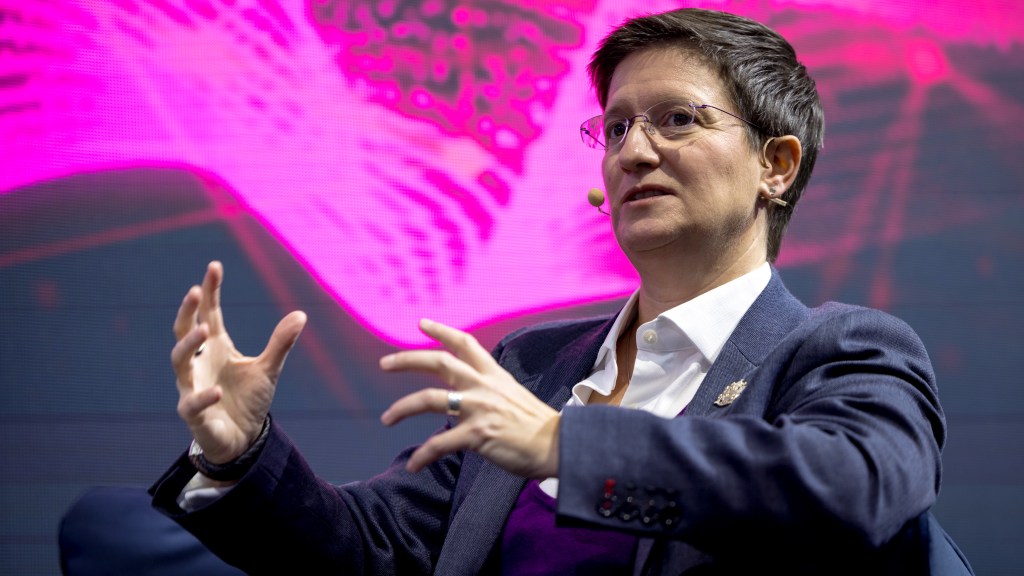Google Partners with Nuclear Startup for Sustainable AI Data Centre Energy
Google has established a partnership with a nuclear power startup, introducing a groundbreaking initiative for low-carbon energy supply aimed at its data centres and artificial intelligence (AI) operations.
The tech giant, based in California, announced its plan to procure energy from several small modular reactors developed by Kairos Power, a move that could invigorate the nuclear sector in the United States.
The initial reactor is set to commence operations by 2030, with further reactors anticipated to be deployed by 2035.
Mountain View-based Google, which manages data centres globally, will acquire 500 megawatts of power from six to seven reactors, although the specific locations of these facilities within the US have not been disclosed.
This agreement sees Google joining the ranks of Amazon, Microsoft, and Oracle, all of which are exploring sustainable energy solutions to support the increasing demand for electricity driven by AI and cloud computing technologies.
Research from Goldman Sachs predicts that power consumption by US data centres is projected to triple from 2023 to 2030, necessitating about 47 gigawatts of new generation capacity.
Earlier this year, Amazon Web Services secured a deal for a nuclear-powered data centre providing up to 960 megawatts from Talen Energy, an independent energy producer.
In a related development, Microsoft finalized an agreement to aid in the rehabilitation of a unit of the Three Mile Island plant in Pennsylvania, historically noted as the site of the nation’s most significant nuclear incident in 1979.
Kairos Power, established in 2016, is in the process of developing small nuclear reactors characterized by enhanced safety and efficiency compared to traditional designs. Their demonstration reactor in Tennessee is expected to be finished by 2027.
Google pointed out that their technology incorporates a molten-salt cooling system, which efficiently channels heat to a steam turbine for energy generation.
This system allows the reactor to function at low pressure, leading to a more straightforward and cost-effective reactor design. The smaller, modular approach is projected to shorten construction timelines, facilitate deployment in diverse locations, and improve project delivery predictability.
Michael Terrell, senior director for energy and climate at Google, emphasized the necessity for new electricity sources to support transformative AI technologies, which contribute to significant scientific breakthroughs, enhance business operations, and bolster national economic growth.
He stated, “This agreement accelerates the development of innovative technologies to meet energy requirements in a clean and dependable manner, ultimately unlocking AI’s full potential for everyone.”
Kairos Power will need to secure design and construction permits from the U.S. Nuclear Regulatory Commission, in addition to approvals from local authorities, before proceeding with reactor development.
Jeffrey Olson, vice president of business development and finance at Kairos Power, remarked that this agreement would “catalyze the commercialization of advanced nuclear power plants, a crucial step in advancing the energy transition and adding vital carbon-free capacity to the electrical grid.”
Olson noted that this arrangement “facilitates the growth of advanced carbon-free energy not only for Google but for the broader power grid.”
By choosing a so-called order book approach with Kairos, Google is signaling robust market demand and committing to a long-term investment strategy aimed at expediting the development of small modular reactors (SMRs).
In the UK, various firms are competing for government contracts to develop their SMR technologies as part of efforts to rejuvenate the country’s nuclear sector. Recently, Rolls-Royce SMR gained significant traction when it was selected by the Czech government for a reactor fleet project.




Post Comment